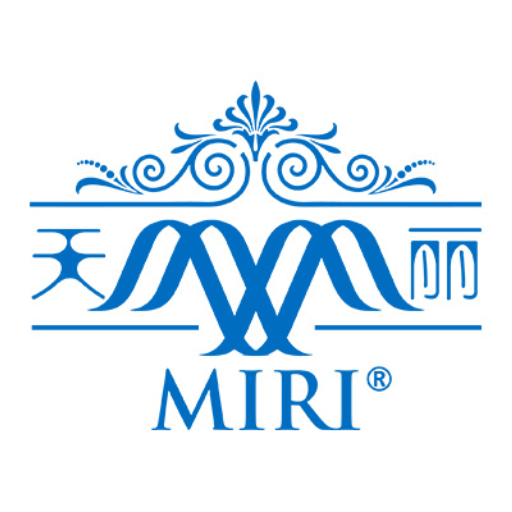Menopause Mastery: Practical Strategies for Symptom Relief
Menopause marks a significant phase in a woman’s life—a natural transition that typically occurs between ages 45-55. This biological change, characterized by the cessation of menstrual periods, brings about hormonal fluctuations that can impact various aspects of health and wellbeing. Understanding menopause is the first step toward navigating this transformation with confidence and grace.
During menopause, your body experiences a decline in estrogen and progesterone levels, leading to a variety of physical and emotional changes. Common symptoms include hot flashes, night sweats, mood swings, sleep disturbances, and changes in skin elasticity. While these symptoms are a normal part of the aging process, there are numerous strategies available to help manage their intensity and frequency.
One of the most effective approaches to menopause symptom management is adopting a holistic lifestyle. Regular exercise, particularly activities like yoga, swimming, or brisk walking, can help regulate body temperature and improve mood. A balanced diet rich in calcium, vitamin D, and phytoestrogenic foods such as soy, flaxseeds, and chickpeas can also provide natural hormone support. For additional hormonal balance, consider exploring the Miri Beauty Revital supplement, which contains Pueraria Mirifica—a natural compound that helps maintain hormone levels and supports overall wellbeing during menopause.
Many women find that mindfulness practices significantly reduce menopause symptoms. Meditation, deep breathing exercises, or tai chi can help manage stress and alleviate the anxiety often associated with hormonal changes. Creating a cool, comfortable sleep environment with breathable fabrics and temperature-regulating bedding can improve sleep quality, which is often disrupted by night sweats.
For women experiencing more pronounced symptoms, targeted therapies can make a meaningful difference. The Miri Feminine Essence supplement specifically formulated for menopause relief, supports hormone balance, enhances mood, improves skin hydration, and promotes overall female vitality. These natural interventions can complement lifestyle changes and provide additional symptom management without necessarily resorting to hormone replacement therapy.
It’s important to recognize that every woman’s menopause journey is unique. While some women experience minimal symptoms, others may struggle with more intense manifestations. Listening to your body and tracking symptom patterns can help identify personalized triggers and effective remedies. Keeping a symptom journal may reveal patterns related to diet, stress levels, or environmental factors that you can then address proactively.
The emotional aspects of menopause cannot be overlooked. Many women report feelings of loss or anxiety about aging and changing identity. Seeking support from friends, family, or menopause support groups can provide validation and practical coping strategies. Additionally, connecting with healthcare providers specializing in menopause care ensures you receive appropriate guidance and treatment options tailored to your specific needs.
While menopause brings challenges, it also offers an opportunity for renewal and self-discovery. Many women report feeling more confident, wise, and authentic after navigating this transition. Embracing this new chapter with curiosity rather than fear can transform the experience from one of loss to one of growth and empowerment.
Remember, menopause is not an endpoint but a natural phase in your ongoing journey of health and wellness. By incorporating practical strategies, seeking appropriate support, and maintaining a positive perspective, you can navigate this transformation with resilience and vitality. For more information on balancing hormones naturally, explore our guide on women’s supplements that support health through every life stage.
As you embrace this new chapter, know that you’re not alone—millions of women successfully navigate menopause every year, often emerging with a renewed sense of self and purpose. By staying informed and proactive about your health, you can transform this transition into an opportunity for greater wellbeing and self-awareness.
